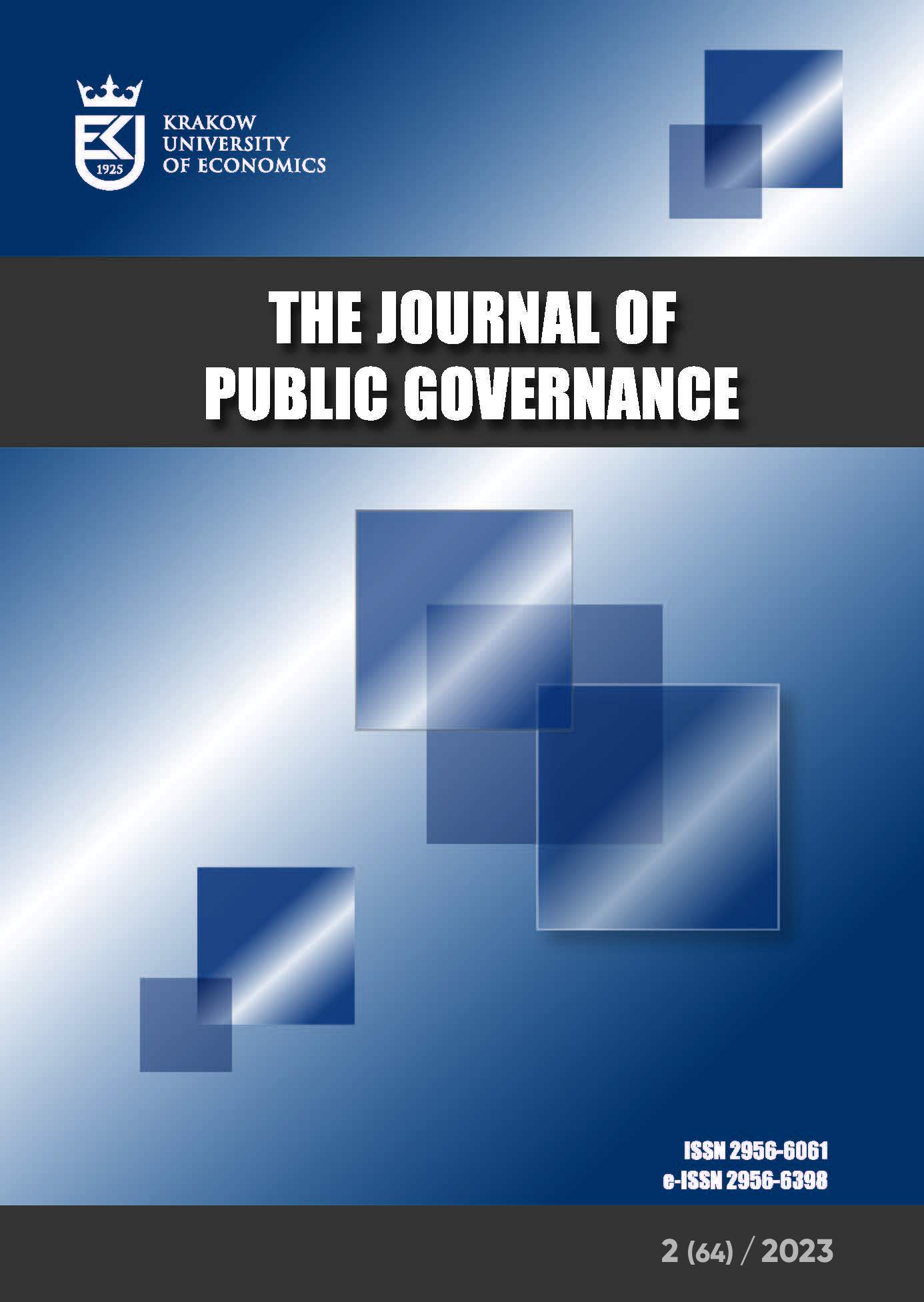Culture, institutions, and power: Continuity and change of institutional order
Keywords:
culture, institutions, power, conflict, legitimization, symbols, norms, values, cultural competencies, institutional orderAbstract
The aim of the paper is to show how the way cultural categories are employed in power and conflict analysis explains continuity and change of institutional order. Referring culture as a category to the corporate dimension of social life, one can analyze institutions through three interrelated spheres: the identity and legitimization sphere (symbols, narratives, myths), the axio-normative sphere (norms and values), and the sphere of cultural competencies (schemes of perception and action). Groups, factions and collectives (1) try to impose their own cultural competencies, using e.g. norms, values, and symbols to maximize their benefits; (2) struggle to introduce their own norms and values as binding rules to take distributive advantage over other groups in order to get access to the key positions and resources; (3) maintain their distinctiveness and identity, which allows them to have power in the two previous dimensions. The article describes some empirical examples of these type of tensions and confl icts as well as their consequences for the institutional order’s permanence and change.
Downloads
Downloads
Published
How to Cite
Issue
Section
License
Open Access, licence: CC-BY 4.0




